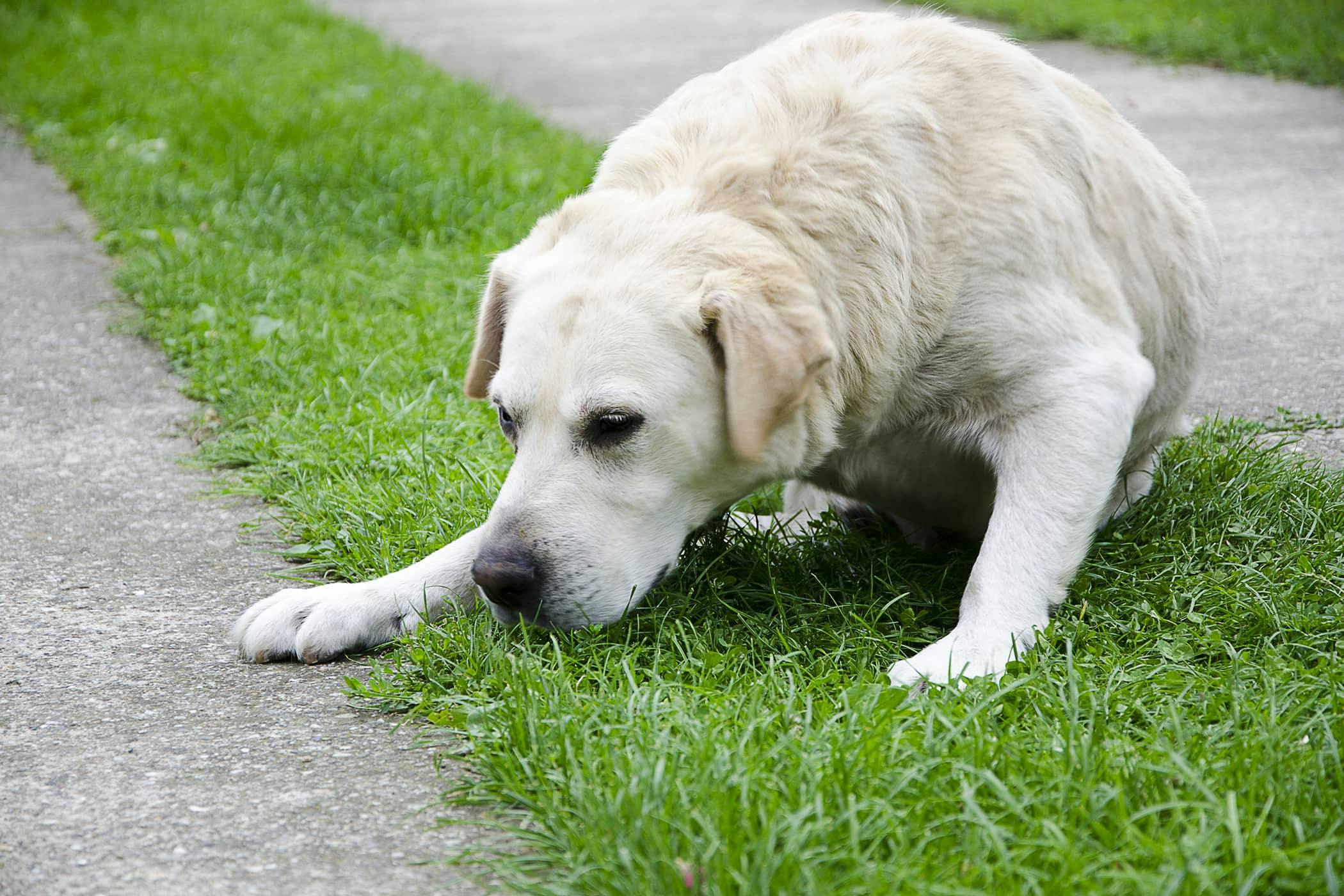Dog Eating Grass And Throwing Up Bile
The Centers for Disease Control and Prevention (CDC) recommends that people keep their dogs on a leash at all times and feed them fresh, clean food. If you have a dog that is known to eat grass or if you think your dog might be eating grass, take it to the veterinarian for an evaluation.

Dog eating grass and throwing up bile is an issue that many people may not know about.
Many people may not know about the issue of dog eating grass and throwing up bile, which is an issue that can have serious consequences for both the dog and the person eating it. If you are not sure whether your dog is eating grass or not, it is important to take a look at his food and see if there are any areas where he appears to be eating grass more than normal. If you find that he is throwing up after eating grass, then you should take him to a veterinarian to get checked out.
Dog eating grass:
The consumption of grass by dogs is becoming more and more common, with some dog owners even thinking that the meat is healthy. However, there are some concerns that may be arise with this type of eating behavior. For one, grass can contain harmful compounds which can potentially cause health problems for dogs. Additionally, if dog bile is consumed in high levels, it can lead to liver dysfunction and other health issues.
The benefits of grass for dogs:
Grass is a natural food for dogs, and it has key benefits for their health. Dog eating grass has been shown to improve their digestion, stop diarrhea, and reduce the risk of sickle cell disease. Throwing up bile is also decreased after dog eating grass, which may help control pancreatitis or other liver problems.
Difficulty in distinguishing between grass and food:
It has been reported that dogs eating grass and other plant material have been known to throw up, which can be a sign that they are enjoying the food. However, there is no one-size-fits-all answer to this question. Some people may find the throwing up an inconvenience, while others may find it harmless.
Some dogs eat grass even when they are not allowed to eat food:
As much as some dogs may enjoy tearing through the lawn, they can't actually eat grass. And that's because their stomachs are not meant to digest grassy material. Dogs who are allowed to eat food, such as when they're being fed on a leash, will usually have their stomachs empty and will be able to drink from the water bowl. However, some dogs who are not allowed to eat food will still start tothrow up bile, even though they don't actually have a taste for grass. It's unknown what causes this, but it could be due to something in their diet that's causing the intestines to become overactive.
The effects of eating grass on a dog's digestion:
Eating grass is one of the most common habits of dogs and can have a number of different effects on their digestion. One recent study found that when dogs ate grass, they threw up more bile than when they didn't eat it. This suggests that grass may cause problems for dogs' digestion in a number of ways.
Causes of intestinal problems with dogs:
There are many reasons why dogs might develop intestinal problems, but one of the most common is eating grass or throwing up bile. Grass can contain toxins that can cause problems for dogs, particularly if they eat it regularly. If your dog is eating grass and you don't know what caused the issue, there are a few things you can do to try to solve the problem.